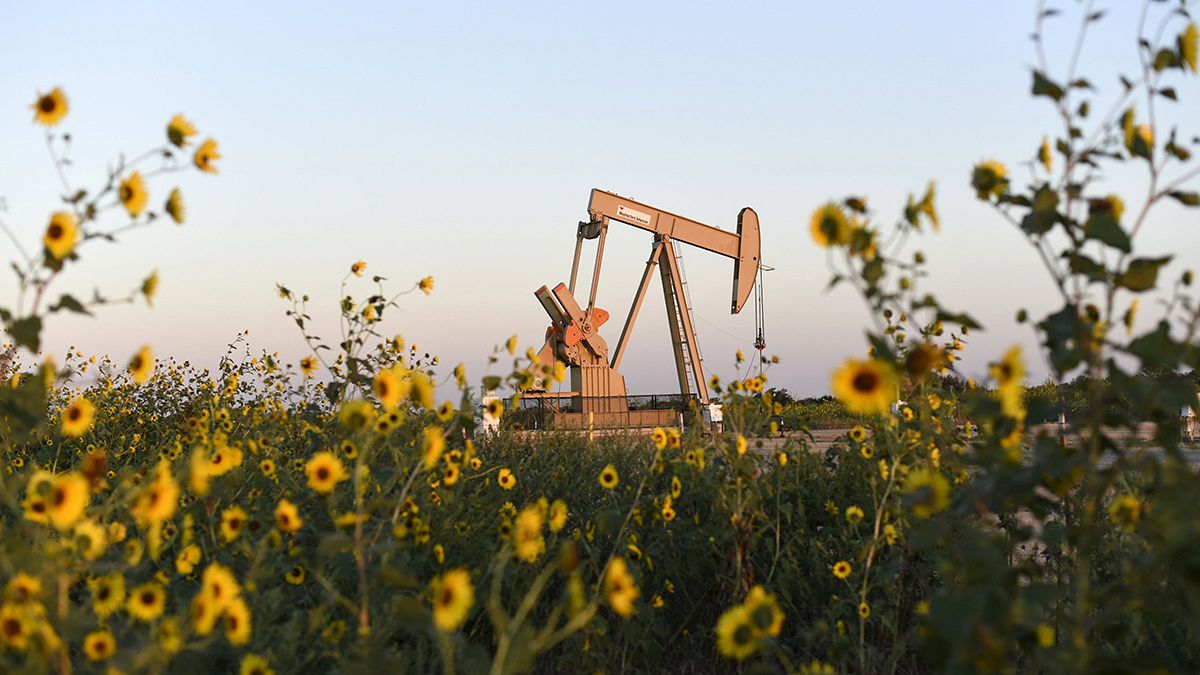As the international climate summit in Paris is getting closer, one of the most important political gatherings of our times, the 2016 US presidential election campaign is in full swing. Quite regrettably, both events have nothing to do with each other.
With President Barack Obama’s presidency being in its fourth quarter, the person who will follow him into the White House will have to carry on the environmental torch – with potentially very serious consequences.
Yet, on the campaign trail in the early voting states like Iowa, New Hampshire and South Carolina, there is no palpable sense of urgency. Environmental issues play almost no role at all in the sometimes nasty exchanges between the candidates.
Republicans vs. Hillary Clinton
That should not come as a surprise, given that the US Congress, especially its Republican majority, is stacked with climate change deniers like Jim Imhofe, the chairman of the Senate Environment and Public Works Committee.
Last winter, Senator Imhofe brought a big snowball into the Senate chamber as proof that it was cold outside and that global warming is a myth spread by left-wingers.
The only time climate change made it into the national headlines was when Democratic frontrunner Hillary Clinton declared her opposition to the controversial Keystone XL oil pipeline, joining Democratic contenders Bernie Sanders, Martin O’Malley and Lincoln Chafee.
But Republican presidential hopefuls quickly bashed Clinton over the announcement. Jeb Bush slammed the former Secretary of State for favoring “environmental extremists” in making her decision.
“.@HillaryClinton finally says what we already knew. She favors environmental extremists over U.S. jobs. #KeystoneXL,” he tweeted.
.@HillaryClinton finally says what we already knew. She favors environmental extremists over U.S. jobs. #KeystoneXLhttps://t.co/KOhVPPj8xm
— Jeb Bush (@JebBush) 22 Septembre 2015
South Carolina Sen. Lindsey Graham fired off a series of tweets, saying the pipeline would help the economy and boost national security by reducing dependence on foreign oil.
“In opposing Keystone pipeline, Hillary Clinton once again shows that she intends to continue the failed policies of the Obama Administration,” he said.
Jeb Bush one of the “greenest Republicans” – and yet…
In the meantime, Jeb Bush released an energy plan that was filled with Republican standards: drill more oil, cut regulations and build the Keystone XL pipeline.
But his energy plan is more notable for what it dodges: Bush is considered as one of the greenest candidates in the Republican presidential field, as he has said that climate change is real and man-made.
That puts him in direct opposition to the two Republican frontrunners Donald Trump and Ben Carson who are both squarely in the camp of the climate change deniers.
At the same time, Bush is also battling accusations that he is soft on the issues that are firing up the Republican base right now, and his big energy policy rollout did not mention the term ‘climate change’.
While Bush is sticking to his conservative playbook, the country in general has evolved.
Nearly three-quarters of Americans now favor government action on climate change, but the candidates — and big donors who support them — still range widely in opinion.
Yet, only around four out of ten Americans said Obama and Congress should view global warming as a top priority in 2015, according to a Pew Research Center poll. Most Americans thought the economy and fighting terrorism were top priorities.
Climate change policy’s biggest enemy: big money
There is big money on both sides of the climate change debate, and perhaps even larger financial incentives for candidates to take an opposing view on climate change.
Conservative billionaires Charles and David Koch, much of whose wealth comes from fossil fuel-related industries, unveiled their plan earlier this year to spend almost $900 million (790 million euros) in the 2016 elections through their group Americans for Prosperity.
This amount would dwarf what either of the presidential candidates raised in the 2012 general election, according to date from the Center for Responsive Politics.
The Koch brothers, each worth more than $40 billion (35 billion euros), have been public in their opposition to government intervention to combat climate change.
They successfully persuaded many elected officials — including Republican presidential hopefuls Ted Cruz, Marco Rubio and Rand Paul — to sign a pledge that would “oppose any legislation relating to climate change that includes a net increase in government revenue.”
